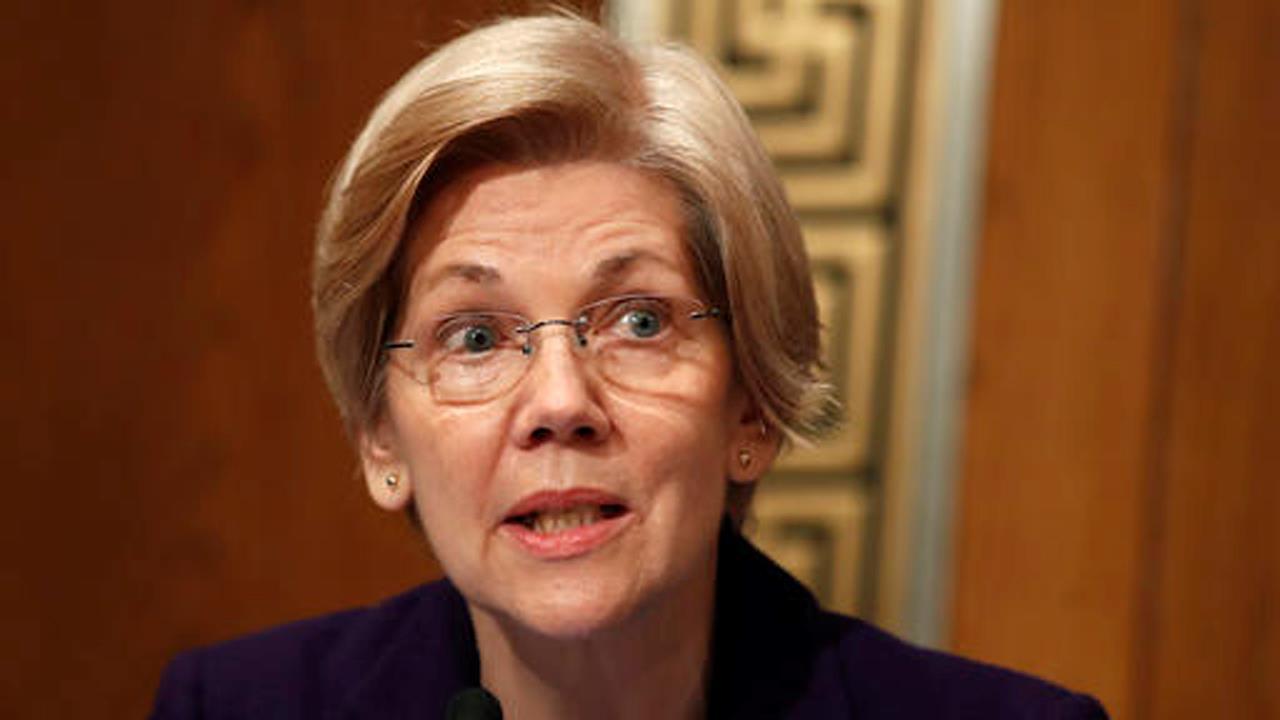Trump's CFPB won't be Obama's: Key ways it could be different
As the battle wages on over who is the rightful acting director of the Consumer Financial Protection Bureau (CFPB), deputy director Leandra English or Office of Management and Budget director Mick Mulvaney, one thing is certain: President Donald Trump’s CFPB will differ from President Barack Obama’s.
“Anyone who thinks that a Trump administration CFPB would be the same as an Obama administration CFPB is simply being naïve. Elections have consequences at every agency, including the CFPB,” Mulvaney said on Monday.
Trump’s administration, including Mulvaney, join a host of Republicans who have been highly critical of the CFPB in both its structural organization and implementation of rules. During a press conference on Monday, Mulvaney said if he had the option to eliminate the CFPB and assign its duties to other agencies, he would.
Even U.S. Treasury Secretary Steven Mnuchin has publicly criticized the watchdog agency, telling FOX Business in June that over time, the White House might consider whether the CFPB should be merged with another agency. Republicans believe the bureau, created by Democrats in the wake of the financial crisis, imposes undue regulatory burdens and costs on consumers and businesses.
Here are some of the major changes that could be in store under a new director, who will be nominated by President Trump.
Funding
A main source of Republican criticism of the CFPB involves funding. Unlike most federal agencies, which are funded by Congress, the CFPB is funded by the Federal Reserve. Through that provision, the CFPB is allowed a certain annual budget below a set cap, which cannot be affected by lawmakers. Mnuchin told FOX Business in June that this setup was “improper” and that the bureau should be “funded by Congress like other congressional appropriations.”
Leadership
Republicans have also been highly critical of the CFPB director’s power. Mulvaney said during his press conference on Monday that the powers he had as acting director of the agency “would frighten most of you. They would probably worry you to think about how little oversight Congress has over me now, as I'm the director, how little oversight the committees have over how CFPB functions.”
The CFPB director cannot be fired at will by the president, like the heads of other bureaucratic agencies, but instead can only be fired for cause. Some argue this set up is unconstitutional because the director is not responsive to the president or Congress.
Oversight
Under Dodd-Frank, the CFPB is specifically designed to be an independent agency, but detractors believe that it may have become too independent. Critics have supported adjusting the organizational hierarchy to a commission structure, like that of the Securities and Exchange Commission (SEC) or Federal Communications Commission (FCC), in order to add an additional layer of checks and balances.
Rules
Mulvaney acknowledged that he is unable to stop rules that have already been set in motion by the Consumer Financial Protection Bureau, but issued a 30-day freeze on the issuance new rules on Monday.
Some hope the new director will curtail the number of new rules issued.
“The CFPB should focus on enforcing existing consumer protection laws rather than finding creative ways to impose new ones in defiance of Congress,” Iain Murray, vice president for strategy at the Competitive Enterprise Institute, told FOX Business.
The CFPB is also engaged in a court battle with mortgage lenders, which Iain hopes the new director will drop.




















